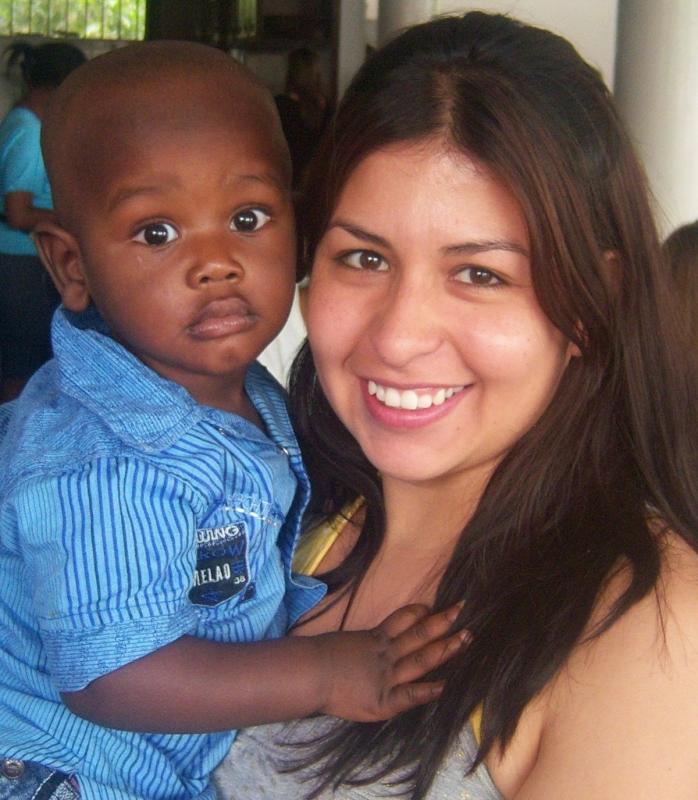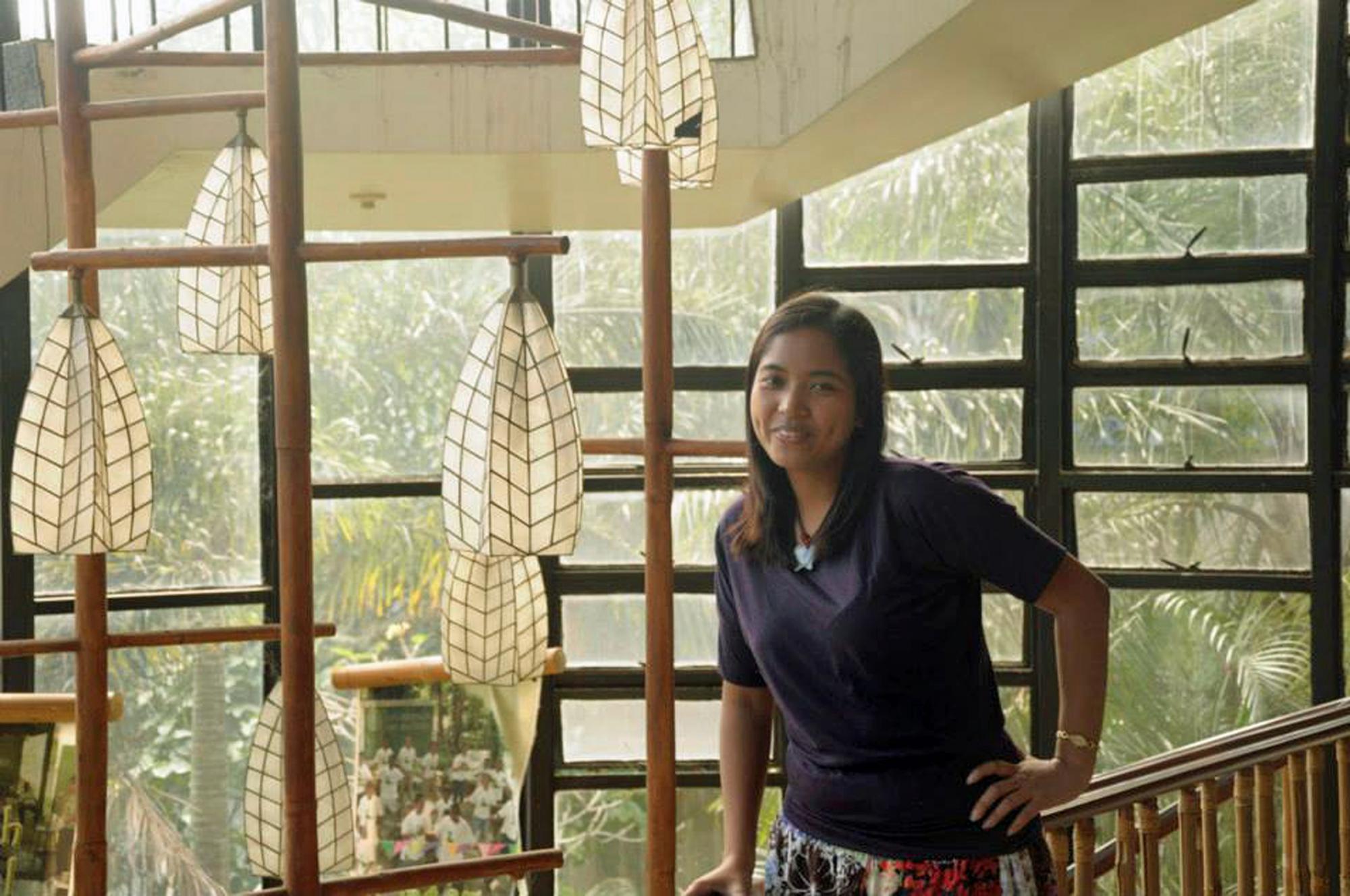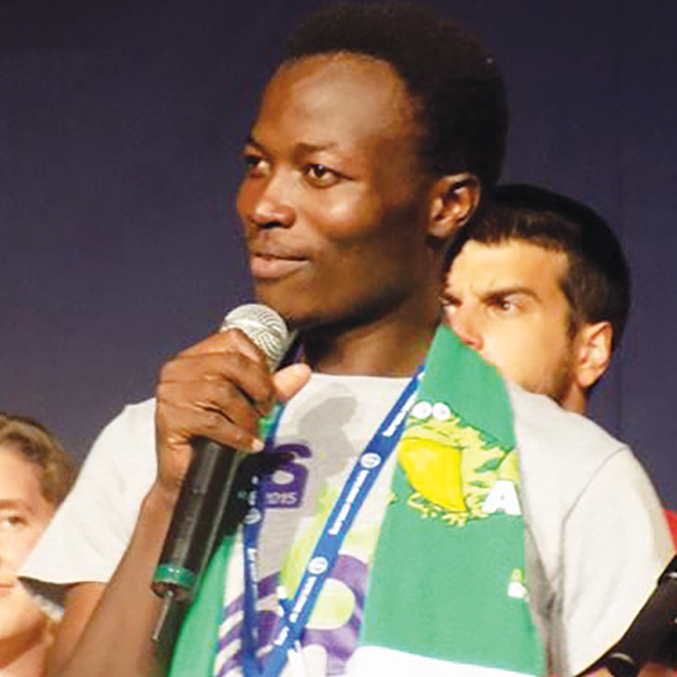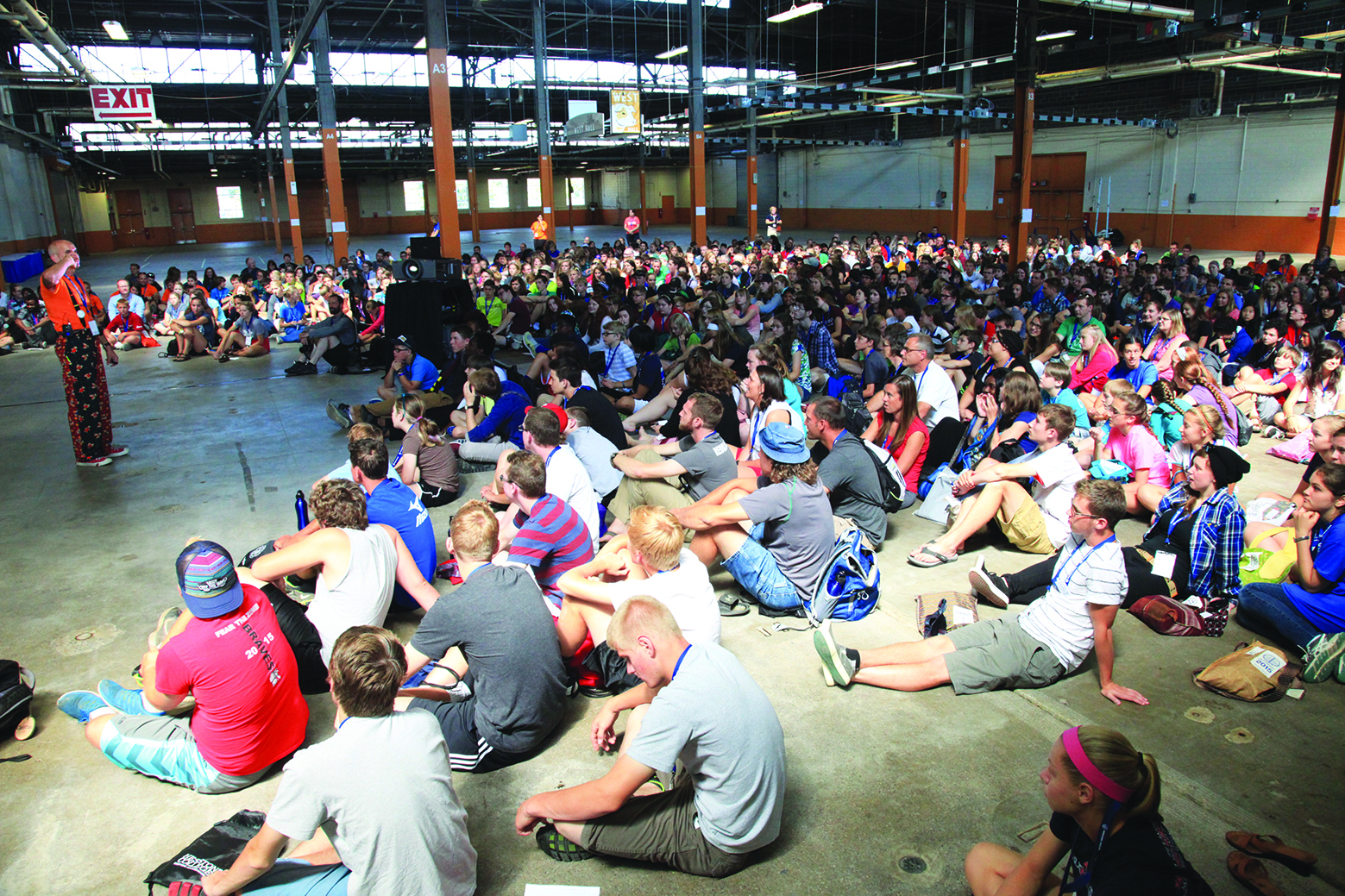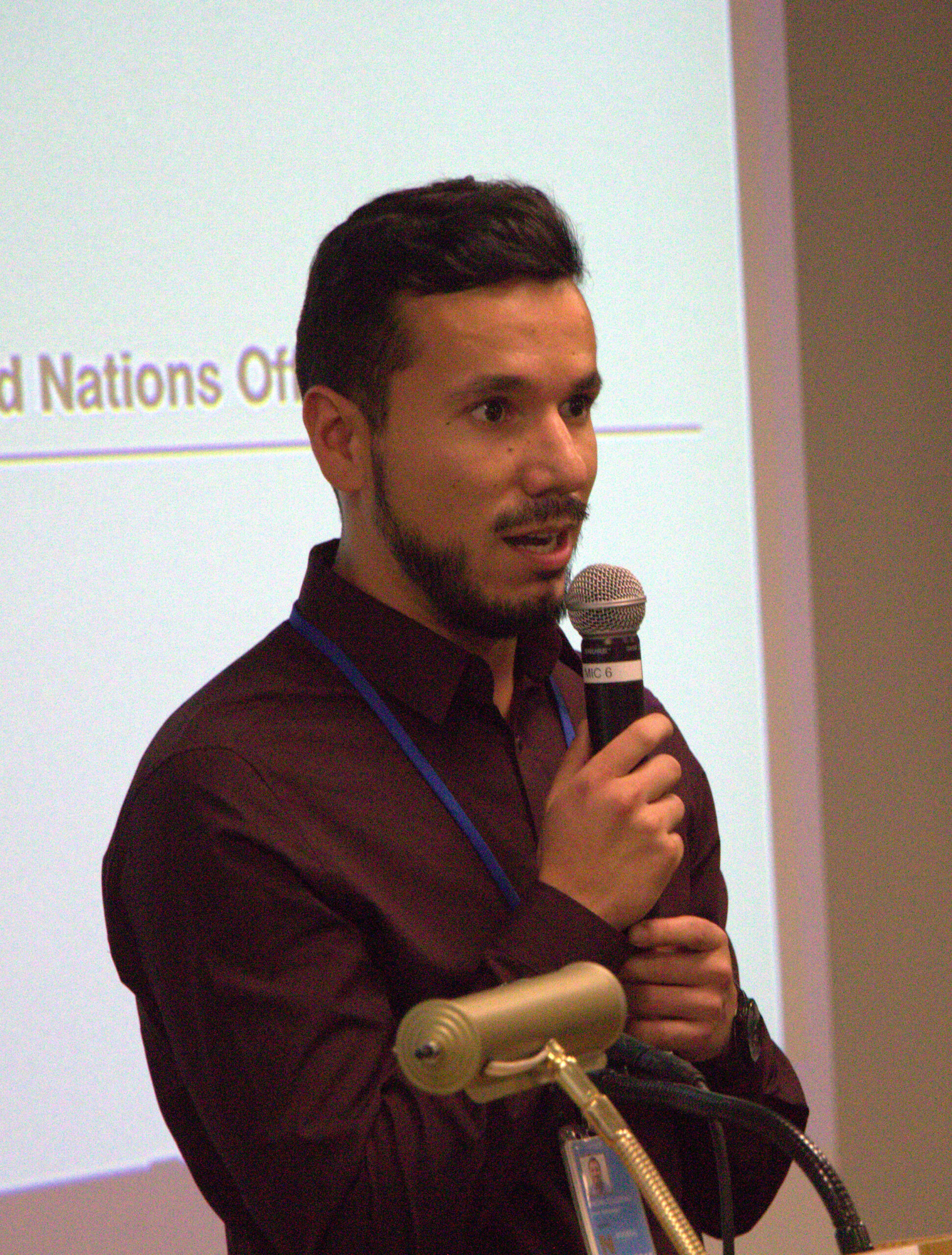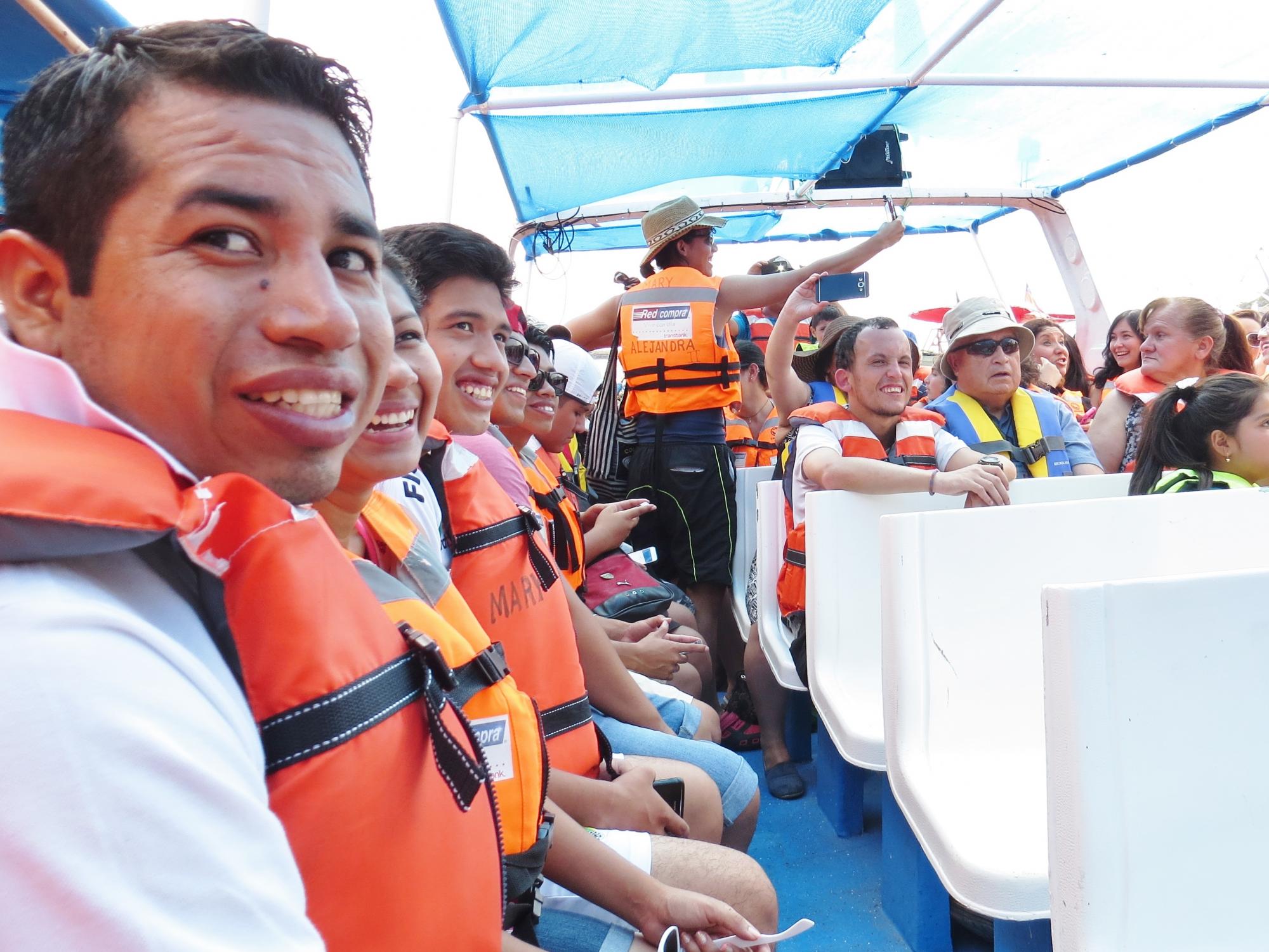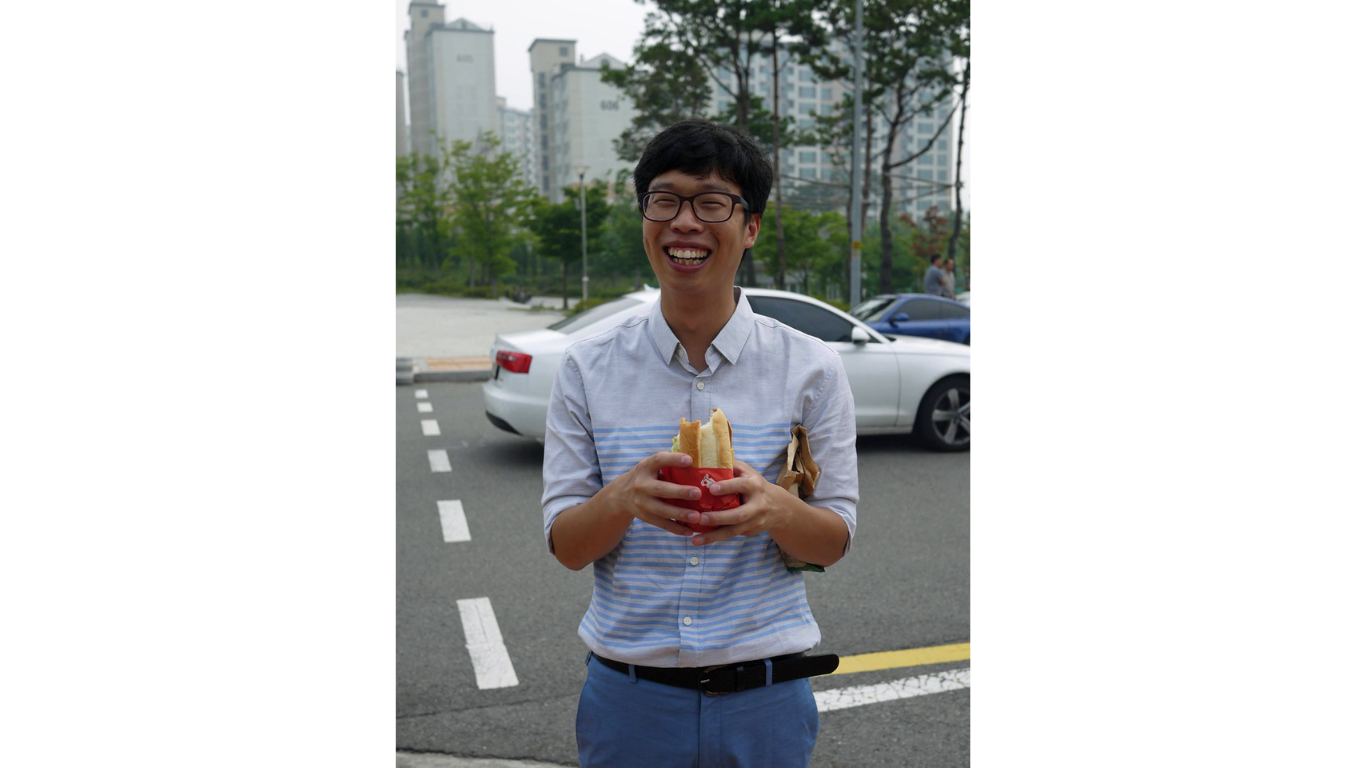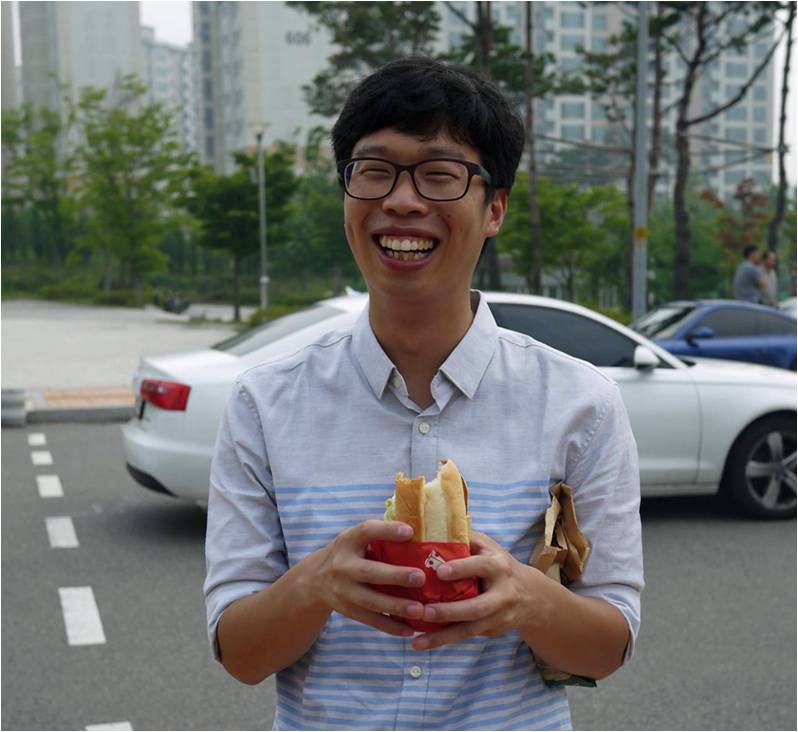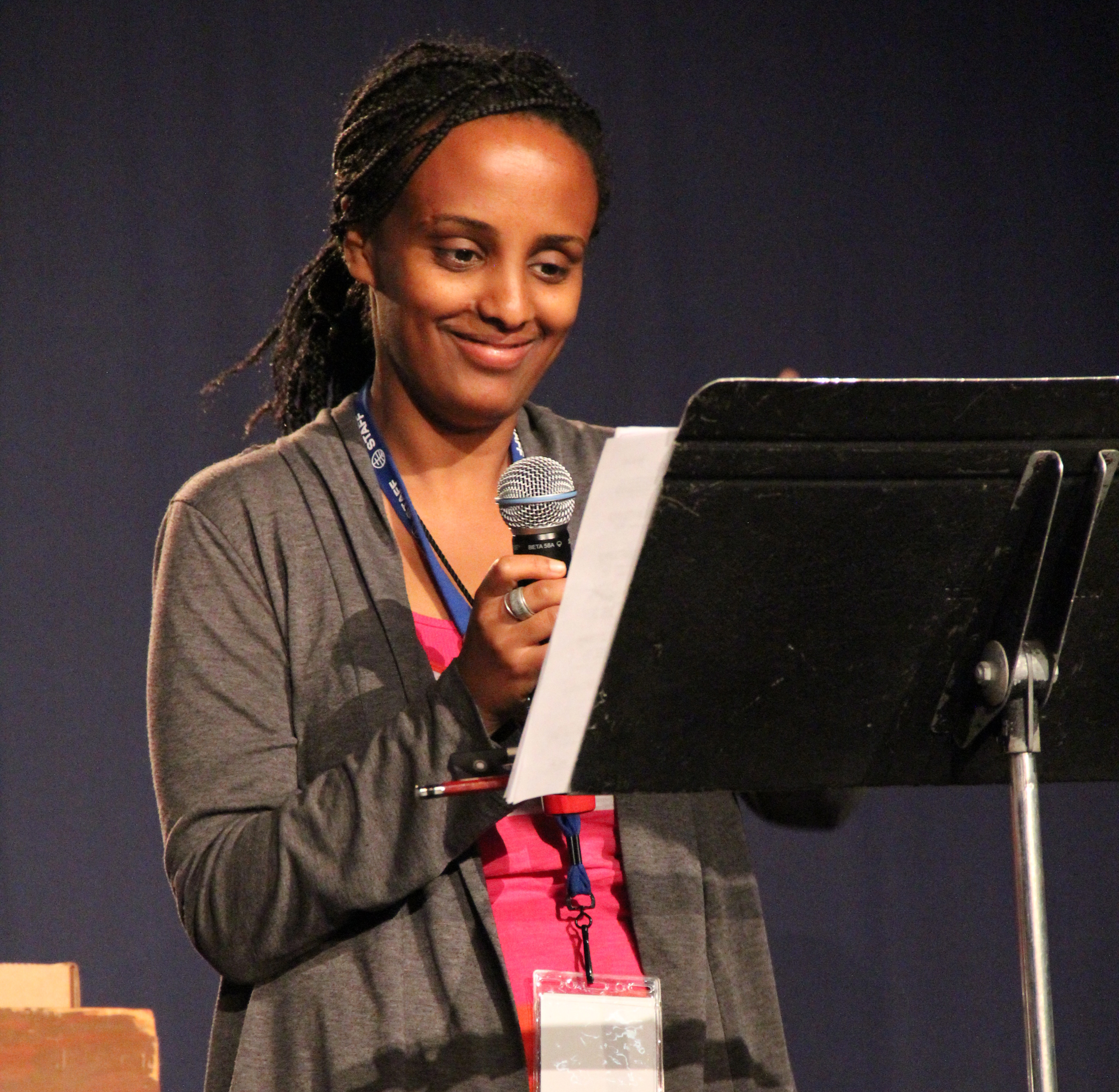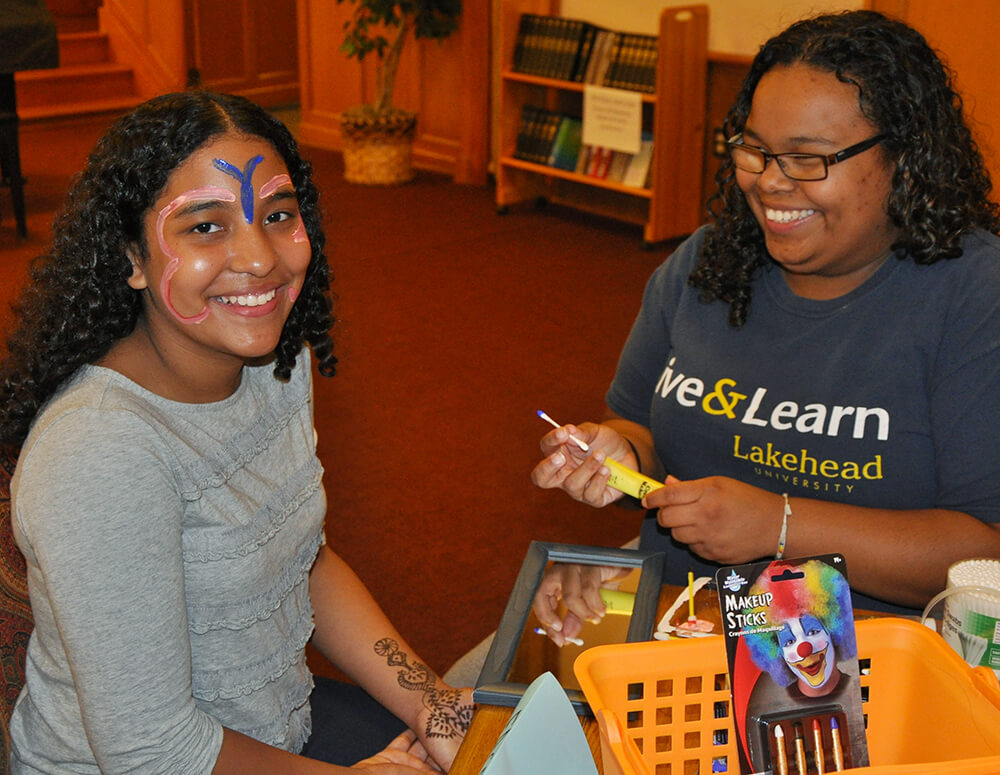-
Offering our blessings to the world
Sindy Novoa Caro lives in Bogotá, Colombia, where she belongs to the Casa de Oración church, a Mennonite Brethren congregation. In 2010–2011, Sindy served with YAMEN in Tegucigalpa, Honduras, as a teacher´s assistant in a school for children living near the garbage dump. Since her return to Colombia, Sindy has been helping to coordinate a
-
The witness of Regina Mondez
On the morning of 7 November 2013, Regina Mondez, along with most people of the Philippines, was anxiously tracking the radar images of a massive storm heading directly toward them. Even before super typhoon Haiyan slammed into the islands of the central Philippines, with wind speeds approaching 200 miles per hour, she and other members
-
GYS sends a strong call to impact the world by sharing gifts
Anabaptist youth from around the world learn and fellowship together at summit The three-day Mennonite World Conference (MWC) Global Youth Summit (GYS) at Messiah College, Mechanicsburg, Pennsylvania, USA, concluded Sunday, 19 July 2015, with a strong desire to impact the world by sharing their gifts. Under the theme “Called to Share: My Gifts, Our Gifts,”
-
Young Anabaptists: the present church
YABs take the stage at PA 2015 and set plans for their future They have a relatively short history, but their voices at PA 2015 were arresting and incisive. In fact, the Young Anabaptists’ presentations throughout the morning worship at the Assembly caused some of the most spirited conversation at the Farm Show Complex (FSC)
-
Global young adult advocates at UN with MCC
New York, USA – Juan Sebastián Pacheco Lozano is uniquely qualified for his position as the International Volunteer Exchange Program (IVEP) participant serving as the Mennonite World Conference (MWC) intern at Mennonite Central Committee’s (MCC) United Nations Office this year. From 2011 to 2013, Pacheco Lozano learned about how to address issues of violence, poverty
-
Project: A-Mar, or Oceans of Love
South American Mennonite youth build friendships across borders Cartagena, Chile – When talking about the sea and border problems between Chile and Bolivia, it is common to hear derogatory and xenophobic comments that mirror patriotic ideas, and which appeal to conflicts that have existed for more than a hundred years. The 19th-century War of the
-
South Korean CO released from prison
Sang-Min Lee freed after 15 months in jail for refusing mandatory military conscription Harrisburg, Pennsylvania, USA – Sang-Min Lee, a South Korean Mennonite conscientious objector (CO) has been released from prison. Lee was sentenced to 18 months in prison for refusing, on the basis of his faith, to complete the government’s mandatory military service. According
-
South Korean CO asks: “Can I kill?”
GOSHEN, Indiana, USA — When 27-year-old SangMin Lee, a Mennonite conscientious objector from South Korea, was sentenced to 18 months in prison, the global Mennonite church community provided support in the form of letters and prayers. In early December 2015, Lee spoke with supporters at the Institute for the Study of Global Anabaptism and Goshen
-
New generation of YABs committee members
Bogota, Colombia – Five new young adults have been appointed to represent young people from their continental regions in Mennonite World Conference (MWC) on the Young AnaBaptists (YABs) Committee. Makadunyiswe Doublejoy Ngulube (Zimbabwe), Ebenezer Mondez (Philippines), Jantine Huisman (Netherlands), Dominik Bergen Klassen (Paraguay), and Larissa Swartz (USA) will have their first meeting as the new
-
Healing wounds through art: A YAMEN experience
Bogotá, Colombia – For Keila Viana, seeing how art can heal wounds deepened her understanding of God and his love during her international service in Phnom Penh, Cambodia. “I believe that during this time God worked a lot in my life,” says Viana, a 22-year-old young adult from the Iglesia Evangélica Menonita Camino de Santidad,
-
“We should do this again”
A glimpse of Assembly 2015, a glimpse of God’s intention to bring peoples together, a calling for one multicultural congregation “We should do this again!” commented a Hmong young adult, a sentiment heard often after Kitchener First Mennonite Church’s Assembly Scattered weekend in early October 2015. Nearly 60 youth, children and adults from the congregation
